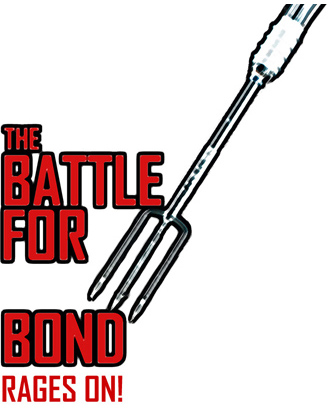|
From the beginning
of our correspondence with the Fleming Will Trust we tried to be as
conciliatory as possible, stressing the fact that we reproduced the
said documents in all innocence, even offering to pay them a
licensing fee; we cooperated and answered all their questions.
Questions like: ‘how many copies had been published’, ‘how many
sold’, ‘how much money had we made’, and most intriguingly of all,
the exact location of where the books were stored? What were they
planning to do, execute a midnight Bond-style raid on the
publisher’s warehouse?
The Fleming Will
Trust had been free from the beginning to contact the publisher to
discuss its concerns without the need of lawyers or threatened
litigation. Perhaps it could be argued that the Trust wanted only to
suppress the facts of the Ian Fleming plagiarism case by destroying
what was left of the books in this country. Copies of the book in
America were safe, due to a more liberal copyright law. In the
United States our understanding is that the freedom of information
act clearly places documents used in public court cases into the
public domain. The American people obviously live in a freer country
than we do. |
 |
